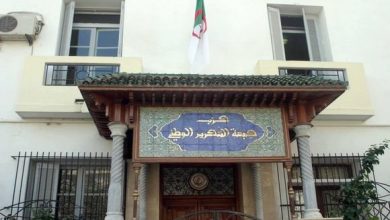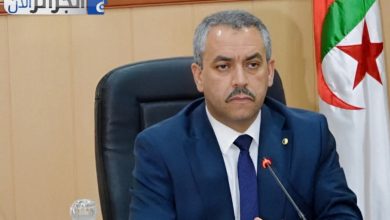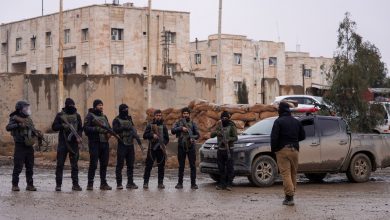In the heart of Algeria’s vast southwest, the city of Béchar has become a global stage for one of the most pressing issues of our time: the future of water. From April 11 to 14, Mohamed Tahri University is hosting a groundbreaking international conference that brings together over 260 participants from 11 countries, including the United States, Japan, Canada, Saudi Arabia, Iraq, and Libya, alongside UN officials, national experts,

and local institutions. The theme: Water Resources and Environmental Change — a topic that no longer belongs to academics alone, but to every living being on this planet.Water: A Borderless Crisis, a Common ResponsibilityThis gathering is not just a scientific event. It is a collective alarm, echoing from the arid plains of the Saoura region, where nature itself is gasping for breath. Once a vital artery of life, the Oued Saoura has become a dry scar across the land — the result of accelerating climate change and growing mismanagement of shared water resources.A central focus of the discussions is the issue of transboundary water, a subject that intertwines environmental science, diplomacy, and regional security. In a powerful moment during the conference, Algerian journalist Aïcha Boubrik presented a televised report exposing the impact of unauthorized dams built on the Moroccan side of the border — reportedly funded by Japan — which are obstructing the natural flow of water into Algeria. The report describes the devastating consequences: drying oases, dying biodiversity, and communities left with nothing but dust and memory.From Blame to Solutions: Science, Diplomacy, and InnovationYet, the tone of the conference is not one of despair — it is one of action, cooperation, and hope. University rector Boudjema Bezzazi opened the event with a call to unite minds and resources: “No entity can face environmental threats alone. We must work hand in hand across disciplines, sectors, and borders.”Meanwhile, Abdelhak Maazouzi, Dean of the Faculty of Exact Sciences and conference president, warned that the Saoura region is caught between two extremes — drought and destructive floods — and stressed the need to reinforce scientific dialogue on sustainable water governance, especially across national boundaries.Government representatives echoed this urgency. The Ministry of the Environment announced plans to revive the historic “Green Dam” project, a bold initiative to combat desertification and restore ecological balance. The Ministry of Higher Education launched a new national water security network, designed to gather top experts and develop innovative mechanisms for water preservation and smart consumption.Field Action and Policy ImpactThis conference is not confined to theory. Participants are expected to visit real-life water-stressed areas, such as the Djorf Torba Dam and the oases of Béni Abbès, where the effects of water shortages are visible in every cracked soil and withered palm tree.The organizers also promise that recommendations emerging from the sessions will feed into national water policy, shaping decisions that affect agriculture, urban planning, and climate resilience across Algeria.A Southern Message to the WorldThis isn’t just Béchar’s struggle — it is humanity’s shared future that hangs in the balance. This conference, held in one of the driest corners of the world, sends a powerful message:“Water is not just a resource — it is life, justice, peace, and survival.”




